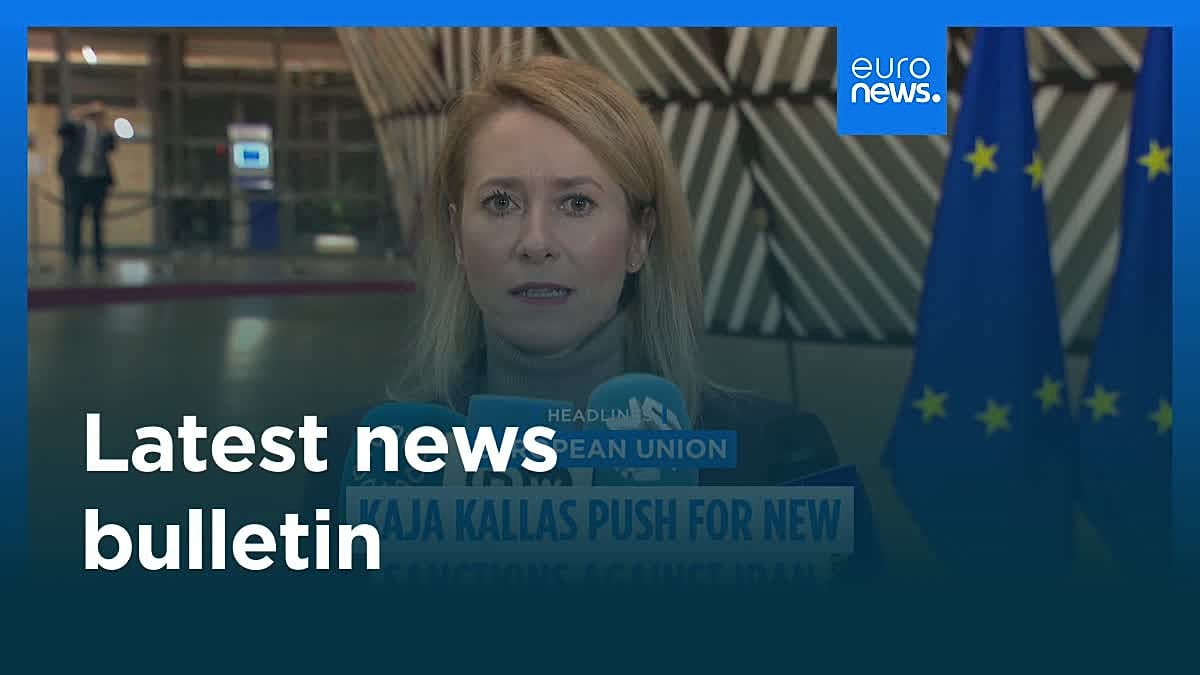How companies are building remote teams and delegating smarter


Remote work has evolved from an optional perk into a fundamental strategy for modern businesses aiming to grow efficiently and stay competitive.
Companies of all sizes are exploring new ways to structure their teams, manage workloads, and remain competitive while embracing flexibility.
The rise of virtual assistants and distributed teams has enabled organizations to scale more efficiently, reduce costs, and tap into global talent pools.
As businesses become increasingly tech-enabled and outcome-driven, they are discovering that building a remote team isn’t only about hiring from abroad.
It’s about creating systems that allow for smart delegation, efficient communication, and performance-driven culture.
As organizations look to scale remote operations, understanding cost structures and role expectations becomes essential. Exploring different models for delegation, whether through full-time hires or flexible support, can help determine the right fit for each business stage.
A good starting point is reviewing current benchmarks around pricing for Virtual Assistants and Remote Teams, which offers useful context for budgeting and planning remote talent strategies.
Why remote teams are becoming the norm
Over the last decade, digital transformation and cloud-based tools have broken down the geographical barriers of traditional employment. Companies now recognize that talent isn’t confined to one zip code. Remote hiring allows businesses to:
- Access specialized skills without relocating talent
- Operate across multiple time zones for round-the-clock productivity
- Reduce overhead costs on office space, utilities, and commuting
- Foster diverse perspectives by building multicultural teams
This paradigm shift was accelerated by the COVID-19 pandemic, but the long-term benefits are now driving a permanent change in how companies think about team building.
Strategic delegation as the foundation of remote success
Delegation has always been a cornerstone of good leadership. But in the context of remote teams, it becomes a strategic necessity. Companies that succeed with distributed teams usually follow these principles:
- Clear process documentation: Creating SOPs (Standard Operating Procedures) ensures consistency and helps new team members onboard quickly.
- Task prioritization systems: Using tools like Trello, Asana, or ClickUp to manage task flow ensures transparency in responsibilities and deadlines.
- Outcome-based management: Rather than focusing on hours logged, high-performing teams emphasize results, milestones, and KPIs.
- Communication rhythms: Daily stand-ups, weekly check-ins, and asynchronous communication tools help prevent misunderstandings and ensure alignment.
Common remote roles that companies are outsourcing
Outsourcing isn’t limited to customer support or IT anymore. Companies are hiring remote workers and virtual assistants for:
- Executive assistance
- Social media management
- Sales outreach and lead generation
- Content writing and SEO
- Data entry and CRM updates
- Bookkeeping and financial reporting
- Project management and coordination
The key is to match the right people to the right roles, a process that starts with clearly defined job descriptions and expectations.
Building culture remotely
One of the biggest concerns leaders face when building remote teams is culture. How do you create belonging when people aren’t in the same room? Great remote-first companies invest in the following:
- Onboarding that reflects company values: Introduce new hires to the mission, vision, and culture through engaging remote onboarding sessions.
- Virtual social events: Hosting monthly trivia nights, coffee chats, or even remote yoga sessions builds personal connections.
- Recognition and feedback: Use tools like Bonusly or Kudos to celebrate wins and show appreciation across time zones.
- Learning and growth: Remote doesn’t mean stagnant. Offering mentorship, training stipends, or upskilling programs reinforces loyalty and satisfaction.
Measuring productivity without micromanagement
One of the biggest mistakes new remote managers make is relying on surveillance tools or micromanagement. Trust is the currency of distributed workforces. Instead of focusing on screen time, successful companies:
- Set clear OKRs (Objectives and Key Results)
- Use dashboards to track project progress
- Encourage team members to share weekly wins and blockers
- Conduct regular 1-on-1s focused on career development, not just performance
This builds accountability without sacrificing autonomy, fostering a culture of trust where team members are empowered to own their outcomes and grow within their roles.
Choosing the right tools for collaboration
The tech stack you use can make or break your remote team’s efficiency. Some tools commonly used by high-performing remote teams include:
- Slack for real-time messaging
- Zoom for video conferencing
- Google Workspace or Microsoft 365 for collaborative docs
- Notion for centralized documentation
- Time tracking software like Harvest or Hubstaff for transparency when needed
Adopting the right tools and setting norms for how to use them, prevents fragmentation and increases cohesion.
When to hire In-house vs. outsource remotely
The decision to build a remote team versus hiring in-house depends on the company’s stage and goals.
- Startups and lean teams may prefer outsourcing to maximize output with minimal fixed costs.
- Scaling businesses often use a hybrid model: core employees in-house and outsourced specialists filling skills gaps.
- Enterprises may establish satellite offices or hire globally to stay close to local markets.
Whatever the structure, the goal should be flexibility, cost-efficiency, and performance.
Legal and compliance considerations
Building a global team isn’t without its challenges. Companies must consider:
- Labor laws and employment classifications in each country
- Contract clarity to outline scope of work, payment terms, and NDAs
- Data privacy regulations like GDPR or HIPAA, depending on industry
Partnering with a service provider or Employer of Record (EOR) can help navigate this complexity without needing to establish a local entity.
Embracing the potential of remote teams
Strategic delegation and thoughtful team-building have become powerful drivers of sustainable business growth.
Today’s most forward-thinking companies are those that approach remote work as a core part of their operational model, one that enhances flexibility, supports innovation, and opens doors to global talent.
By gaining clarity on talent opportunities, team structures, and the tools that support productivity, organizations can build strong, agile teams prepared for long-term success.
With the right mindset and systems in place, creating a high-performing global workforce is not only possible, but increasingly rewarding.
The post How companies are building remote teams and delegating smarter appeared first on European Business & Finance Magazine.














































